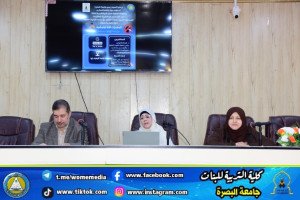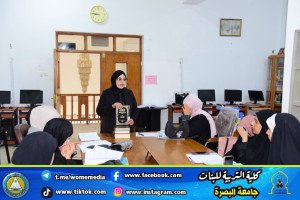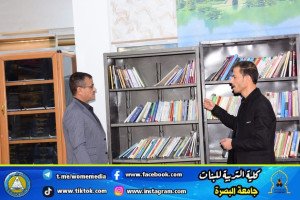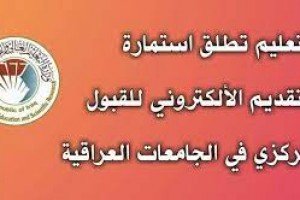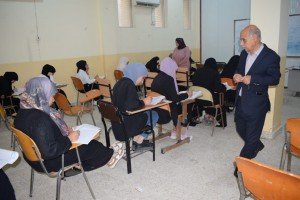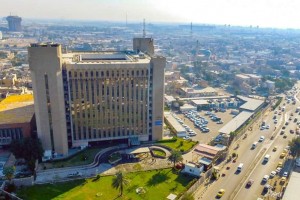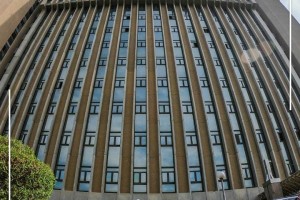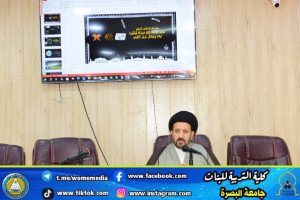
A scientific study at the College of Education for Women entitled "Representations of Revelation between Islamic and Western Perspectives"
Abbas Qasim Attia Al-Mariani, a lecturer at the College of Education for Women in the Department of History, presented a scientific study entitled "Representations of Revelation between Islamic and Western Perspectives: A Critical Study of European Patterns of Revelation Reception in the Middle Ages and the Path of Transition," published in the Journal of Historical Studies.
The study examined the image of the revelation sent down to the Prophet Muhammad (peace be upon him) in medieval European thought, and how this image was formed in the minds of medieval European thinkers and theologians through a combination of myth and theology influenced by a preconceived notion of Islam. Consequently, some Christian thinkers sought to deny revelation, claiming that the Qur'an was composed by the Prophet Muhammad (peace be upon him), inspired by his dreams, or received instructions from Christian monks.
The study highlighted the most prominent figures who contributed to this perception, who considered the Qur'an a human text and Islam a heresy. Their position is often based on a theological debate rather than a cognitive understanding.
The study concluded that these unscientific and ahistorical perceptions clash with evidence proving the structural, rhetorical, and scientific distinctions of the Holy Qur'an, as well as the lack of similarity to previous texts.
Department of Media and Government Communication/College of Education for Girls
https://iasj.rdd.edu.iq/journals/journal/issue/16632

